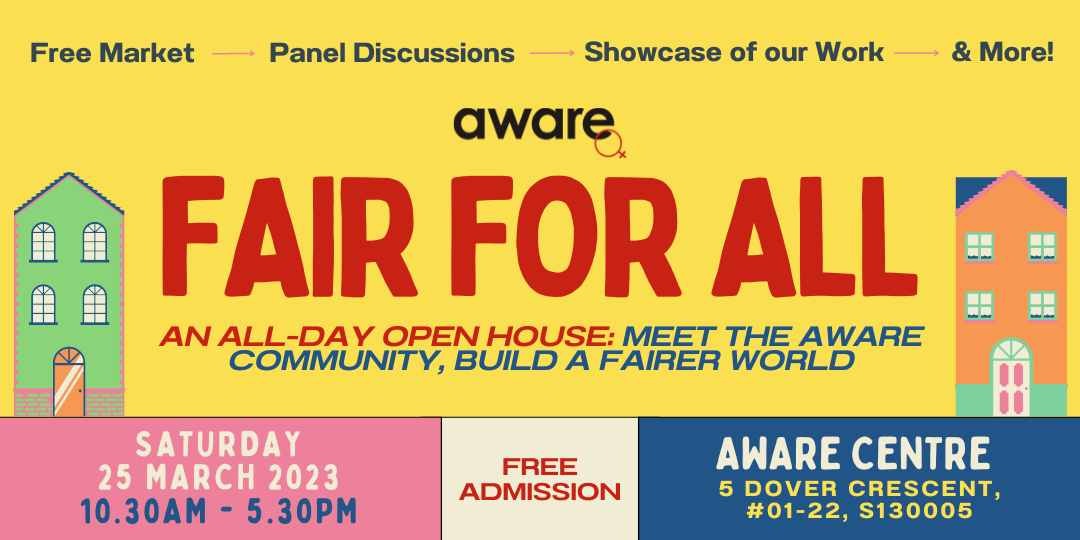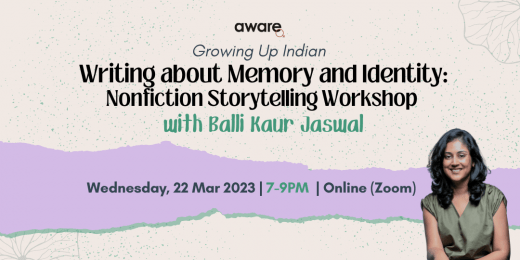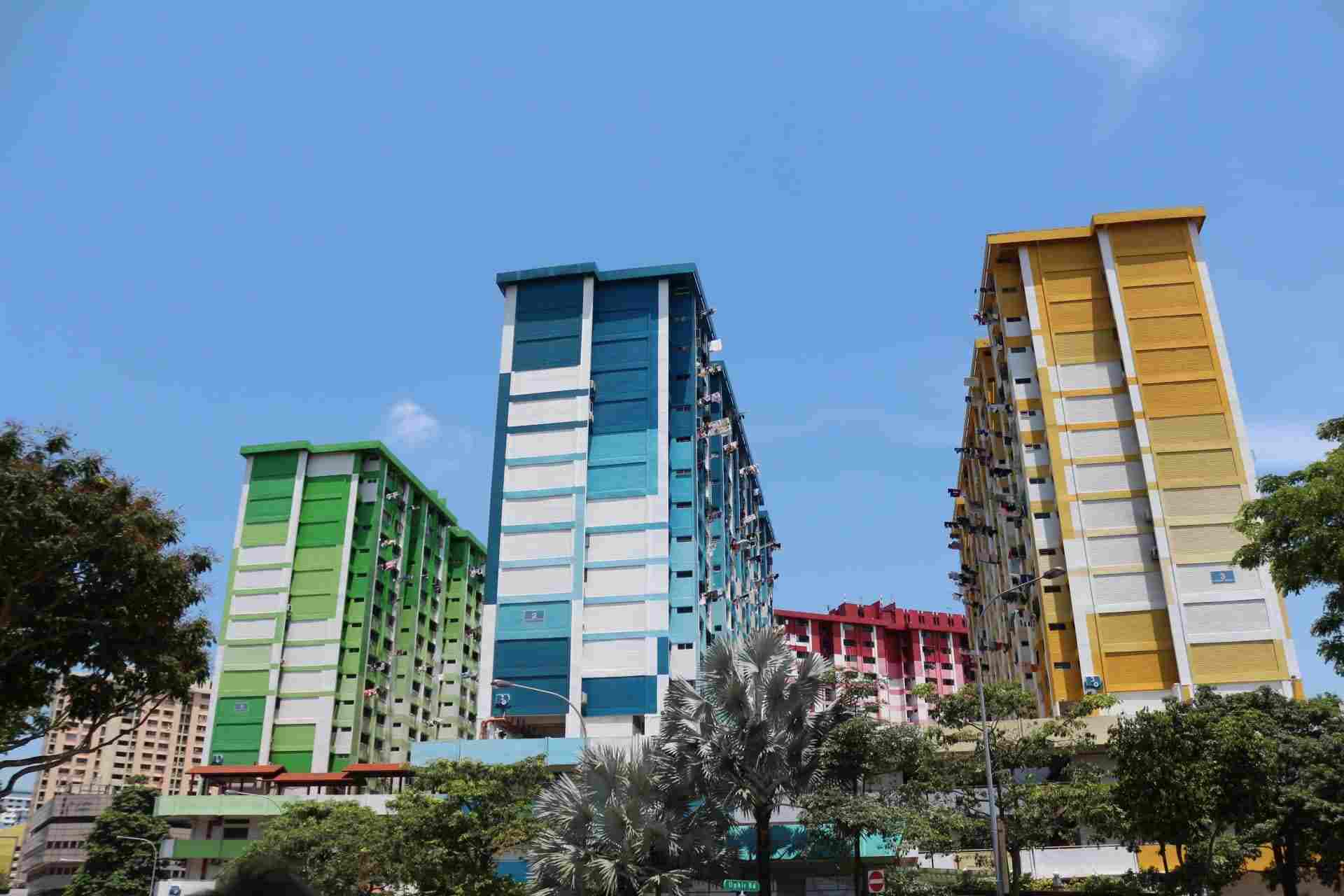
Written by Victoria Jagger, AWARE intern
Following Deputy Prime Minister Lawrence Wong’s Budget speech on 14 February 2023, Parliament conducted the Committee of Supply (COS) debates. COS debates are an opportunity for Members of Parliament (MPs) to discuss and question each Ministry’s agenda for 2023.
AWARE’s research and advocacy team monitored the 661 Budget “cuts” that were presented, and identified the following as most pressing for gender equality in Singapore.
1. Enhancing support for working parents and caregivers
In an effort to meet the needs of working parents and caregivers, the Government is encouraging workplaces to adopt more flexible and supportive policies. This includes promoting equality in the workplace and encouraging equal sharing of caregiving responsibilities.
Various MPs debated initiatives under this policy, particularly the decision to increase government-paid paternity leave from two to four weeks. Minister Indranee Rajah explained that the increase aims to normalise fathers adopting greater parenting responsibilities.
Still, some MPs called for these efforts to be strengthened further. MP Louis Ng enquired about a roadmap to equalise paternity and maternity leave and stressed the need to work closely with the private sector to incentivise such change. Additionally, MP Louis Chua argued that more resources should be directed toward tackling deep societal, cultural and institutional issues that perpetuate gender stereotypes. He cited the Ministry of Manpower’s 2022 Labour Force statistics, which revealed that women made up 89% of caregivers who were outside of the labour force, indicating that Singapore is nowhere close to establishing the norm of equal shared responsibilities.
In response, the Minister reiterated the Government’s preference for encouraging fathers to take up paternity leave over equalising the amount of paternity and maternity leave. She cited the need for a shift in workplace culture, including the attitudes of supervisors and colleagues, as this plays an important role in empowering parents to take their leave.
Minister of State for Manpower Gan Siow Huang acknowledged that “we can do more to support caregivers, seniors and persons with disabilities to continue working or to re-enter the workforce”. Standardising flexible work arrangements (FWAs), such as working from home, adopting flexi hours and telecommuting are crucial to achieving this. This is because FWAs cater to the familial responsibilities that workers bear, allowing them to fulfil their roles in the workplace and household. The Government recognised that when done correctly, FWAs can increase productivity, increase long-term employee engagement and lower absenteeism and turnover. Thus, the Government plans to implement the Tripartite Guidelines on FWAs in 2024.
MPs Louis Ng and Louis Chua recommended legislating the Tripartite Guidelines, stating that there is no better time than now to lean into FWAs. While the Minister agreed that FWAs are a “sustainable way of providing more flexibility for workers, which is critical for caregivers of children and elderly”, she disagreed with the MPs’ proposal, describing a legalistic approach as inadequate.
MP Rachel Ong called for more support for caregivers (especially those caring for persons with severe disabilities) as well, in the form of FWAs and other measures. She cited the UK’s Carer’s Passport as a tool that has resulted in an uptrend in the number of working caregivers of elderly and children, and suggested that Singapore introduce a similar initiative. She also called upon the Government to provide more support preparing caregivers to re-enter the workforce, to reduce employer bias and to safeguard their retirement adequacy.
Additionally, MP Carrie Tan reiterated that more needs to be done to support the more than 210,000 Singaporeans who do full-time caregiving work, as they are the “backbone of our ageing care system”. She recommended providing an income supplement, known as “CareFare”, to stay-at-home caregivers who are not working and thus sacrificing their most productive earning years to support their families’ care needs. She called on the Minister of Health to scale up community solutions and referred to Japan’s time-banking system, where seniors can support each other by swapping services, e.g. helping to run errands and providing social companionship.
2. Supporting vulnerable workers
A significant focus of this year’s COS debates was the need to uplift vulnerable low-income workers.
This was in response to Deputy Prime Minister Wong’s Budget Speech, which announced that low-income platform workers aged 30 and below will be required to start making CPF contributions as of late 2024. Accordingly, MPs Hazel Poa, Saktiandi Supaat and Yeo Wan Ling sought clarification on whether transitional assistance would be provided to platform workers who earned less than $2,500 to help them manage the requirement to contribute to CPF.
Senior Minister of State Dr Koh Poh Koon responded that MOM intends to evenly phase in the additional CPF contributions across five years, at around 2.5% per year for platform workers and 3.5% per year for platform companies, so as not to drastically affect the take-home income of workers.
Importantly, MP Poa also enquired as to whether platform workers would be covered under the forthcoming Workplace Fairness legislation.
Minister of Manpower Tan See Leng clarified that platform workers will not be covered under the law, as a formal contractual relationship between an employee and employer is required. However, the Tripartite Guidelines on Fair Employment Practices will be amended to include discrimination against platform workers.
MPs also called upon MOM to better support PWDs in the workforce. MP Rachel Ong shared recent statistics that just 31.4% of working-age PWDs are employed. She asked what was being done to raise the retirement adequacy of this group, who often incur greater medical expenses than non-disabled persons. She suggested that more research concerning the job search experiences of PWDs be undertaken to identify and reduce barriers to accessing work.
3. Increasing financial assistance for vulnerable groups
Given the current climate of high inflation, many MPs stressed the need to increase the accessibility of financial assistance for low-income Singaporeans.
The Ministry of Social and Family Development’s (MSF) top-up of $300 million to the ComCare Endowment Fund was welcomed by various MPs, but several requested updates on the implementation of the scheme.
MP Seah Kian Peng asked when a review of the ComCare and Public Assistance Scheme was due, so as to ensure that the schemes aligned with the rising cost of living. Additionally, MP Leon Perera urged MSF to trial programmes that offer higher ComCare payments, and extend the duration of financial assistance to nine to 12 months—measures that might enable families to gain financial stability more quickly and relieve anxiety about meeting daily costs.
One group that is particularly vulnerable to financial insecurity is single unwed mothers, due to their role as sole breadwinners and caregivers for their families. Nominated MP Dr Shahira Abdullah enquired about MSF’s efforts to support this group as they are not offered the same level of social support provided to those in a “family nucleus”. Thus, she proposed extending the Baby Bonus Cash Gift, Working Mothers Child Relief and Parenthood Tax Rebates to unwed single mothers.
Minister for Social and Family Development Masagos Zulkifli responded that while he empathises with the challenges faced by single parents, MSF’s policies reflect the value our society places on parenthood within marriage.
All in all, it was heartening to see MPs voicing the needs of vulnerable groups and providing suggestions on how we can make Singapore a more inclusive and equal society.
Read AWARE’s response to the 2023 National Budget here.
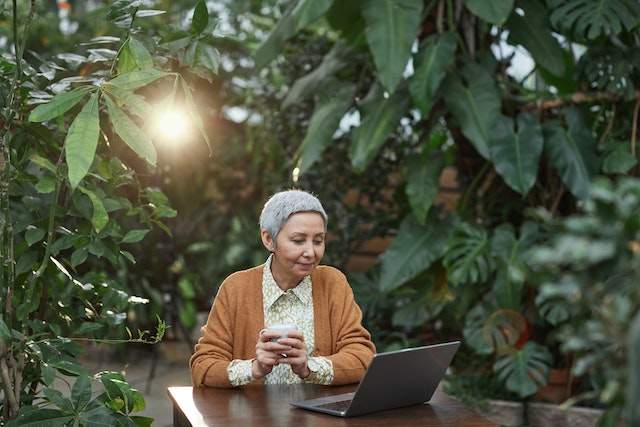




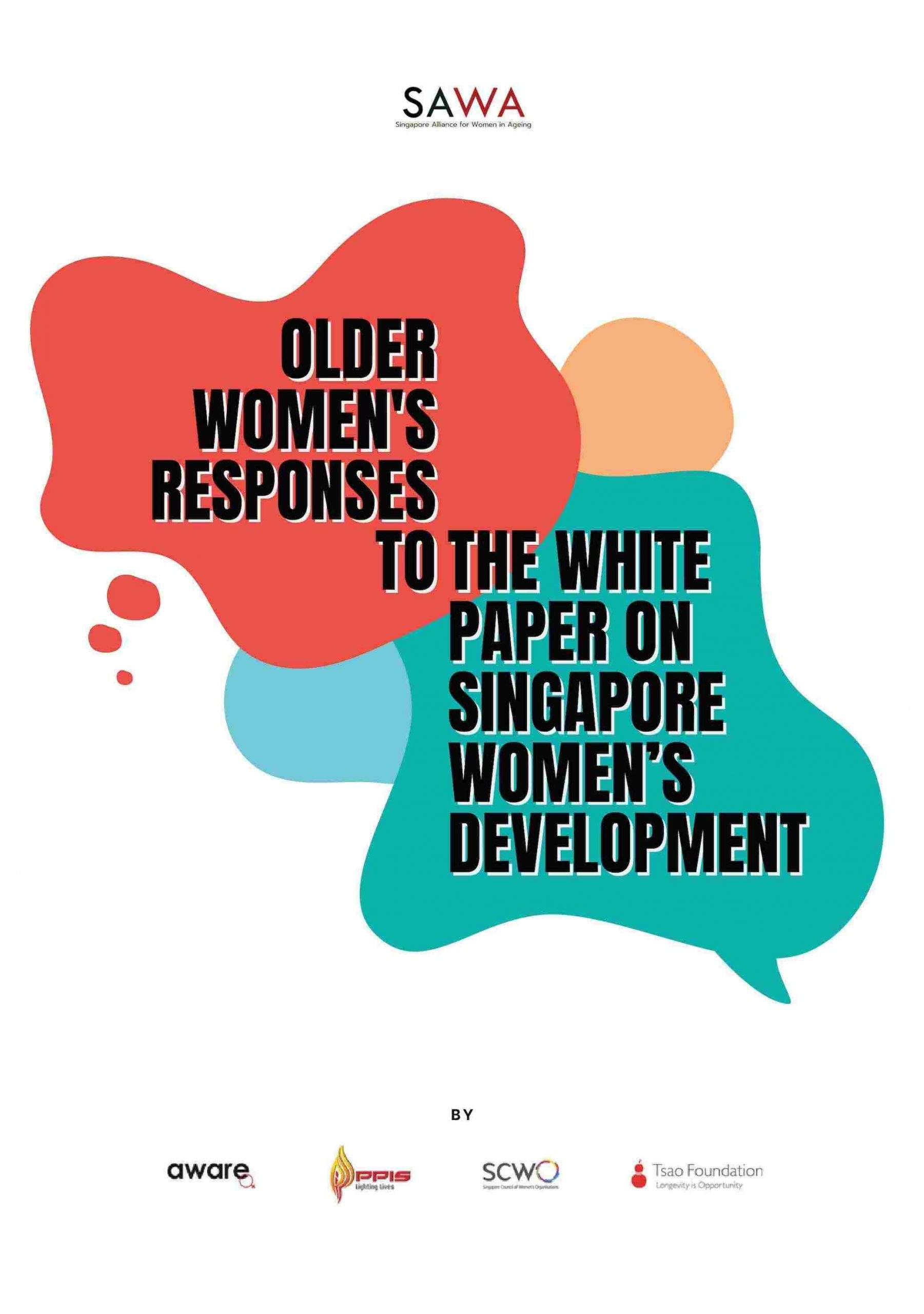
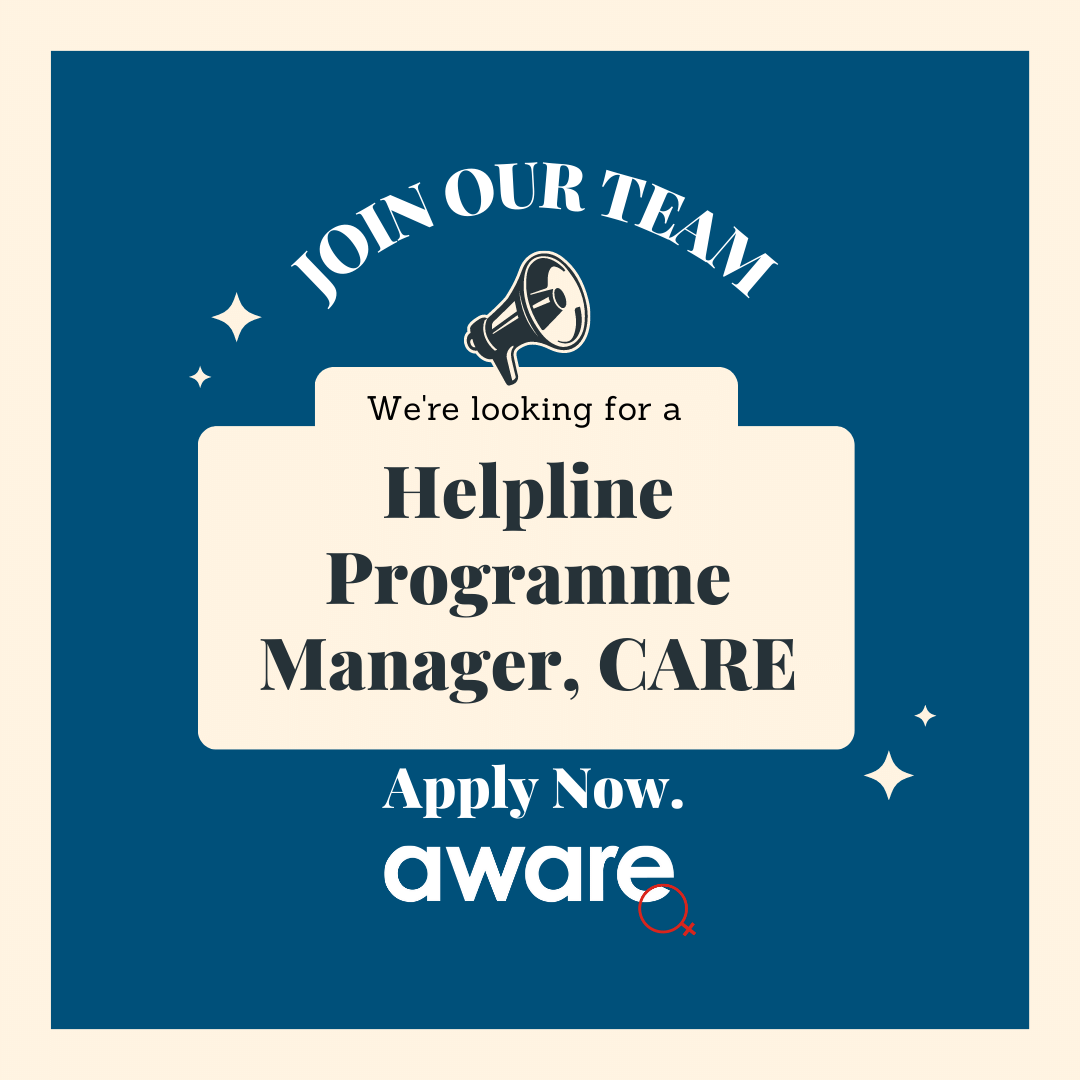

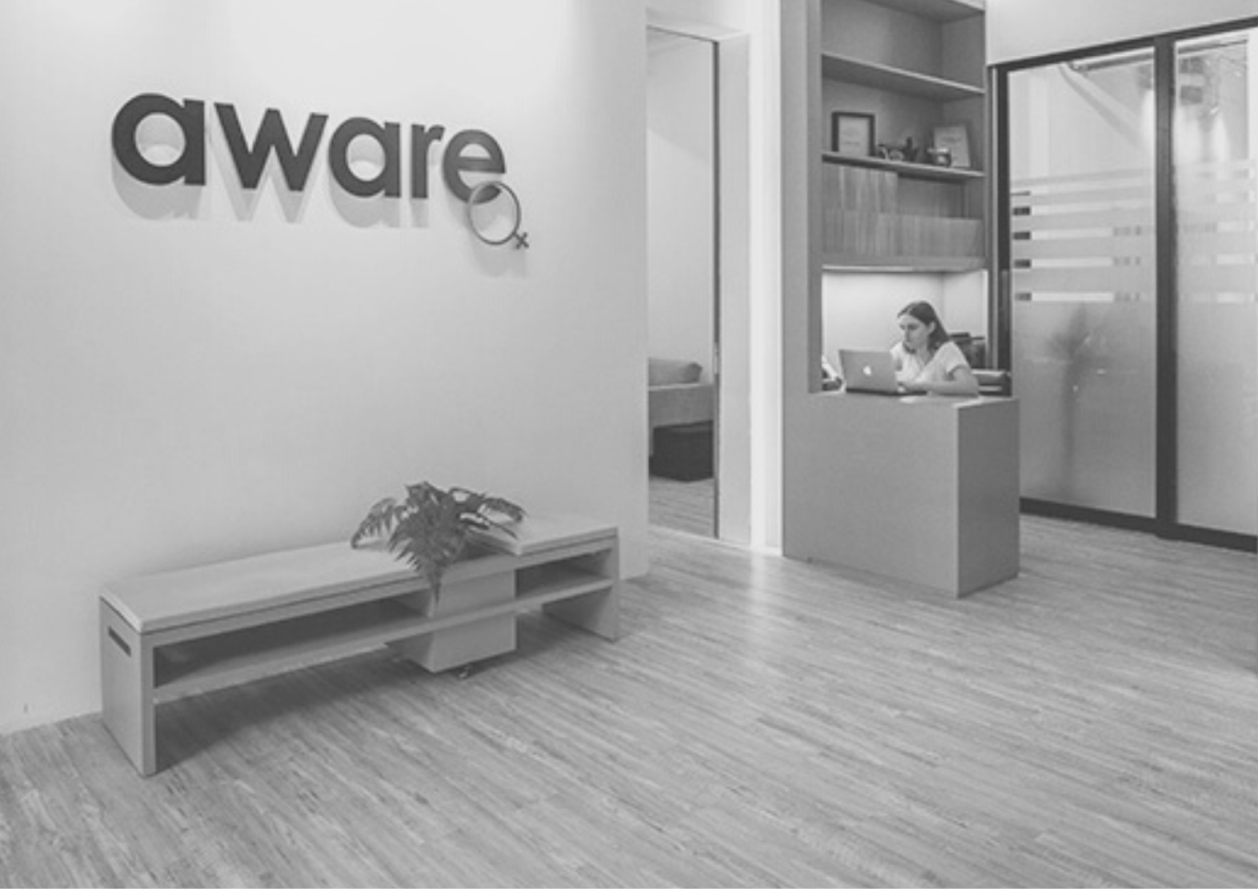
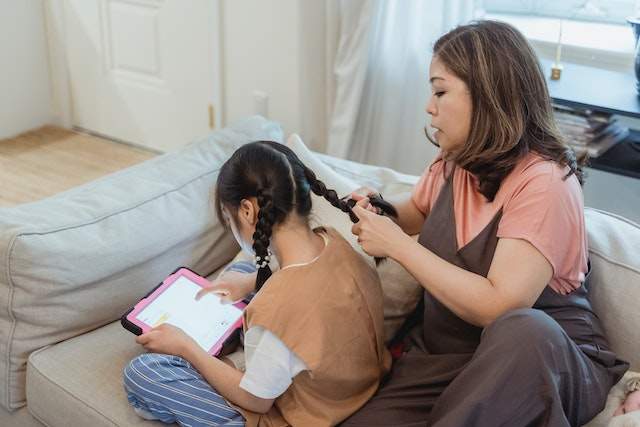
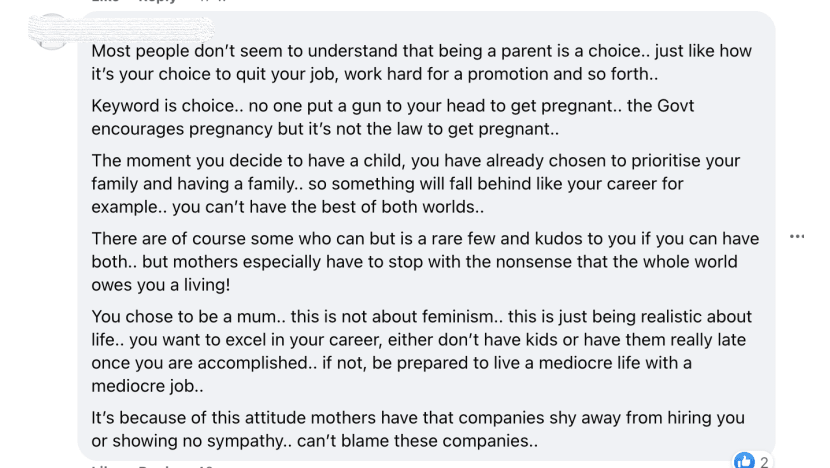 Screengrab of an online comment. (Source: AWARE)
Screengrab of an online comment. (Source: AWARE) Screengrab of an online comment. (Source: AWARE)
Screengrab of an online comment. (Source: AWARE) Screengrab of an online comment. (Source: AWARE)
Screengrab of an online comment. (Source: AWARE) Screengrab of an online comment. (Source: AWARE)
Screengrab of an online comment. (Source: AWARE)
